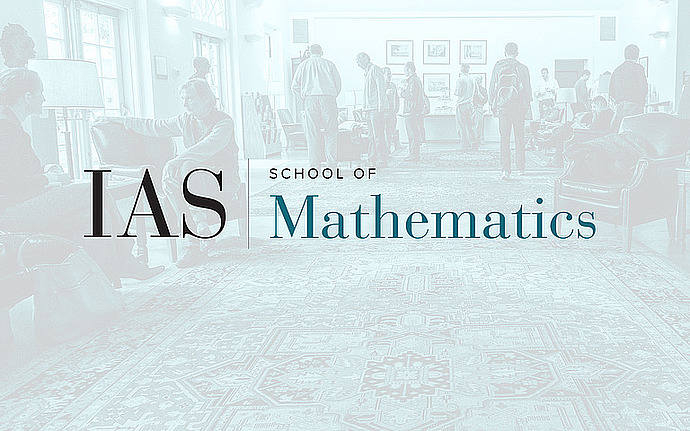
Computer Science/Discrete Mathematics Seminar II
Strong Bounds for 3-Progressions: In-Depth
Suppose you have a set A of integers from {1, 2, …, N} that contains at least N / C elements. Then for large enough N, must A contain three equally spaced numbers (i.e., a 3-term arithmetic progression)?
In 1953, Roth showed that this is indeed the case when C ≈ log log N, while Behrend in 1946 showed that C can be at most 2^√log(N) by giving an explicit construction of a large set with no 3-term progressions. Since then, the problem has been a cornerstone of the area of additive combinatorics. Following a series of remarkable results, a celebrated paper from 2020 due to Bloom and Sisask improved the lower bound on C to C = (log N)^(1 + c), for some constant c > 0.
In a recent new work with Raghu Meka, it was shown that the same holds when C ≈ 2^(log N)^(0.09), thus getting closer to Behrend's construction. In this talk we give an in-depth look at the proof.